Telling you the “best” way to build your character in The Outer Worlds is sort of like telling you the best way to eat a sandwich. There are all sorts of ways of doing it and some are arguably better than others, but for the most part, you can get by with pretty much any approach.
Nonetheless, there are some recommendations I can make, and some tips and tricks I can offer. So! Let’s have a look at the various skills, what they do, and which ones are worth your delicious level up points.
The Outer Worlds level and skill basics
There are some things to bear in mind when you’re plotting out your character. For one thing, there’s a respec machine on your ship that will – for a fee that doubles each time – let you reassign every single skill point and perk. So nothing is truly final until prices get really prohibitive.
Each skill can be raised to a maximum of 100, but up until they hit 50, a single point will raise every stat in a category. This means that if you raise Ranged Weapons by one point, you’ll get a point in Handguns, Long Guns, and Energy Weapons all at once until they reach 50. That’s when you start needing to spend points on individual skills rather than categories.
Also, the level cap is 30. This means that you’ve got 290 points to play around with, as well as 15 perks. More perks are also available if you take flaws, which you’ll occasionally be offered under certain circumstances. After taking a load of corrosion damage, for instance, The Outer Worlds will say that maybe corrosion is causing you problems, and you can have a permanent weakness to that type of damage in exchange for a free perk point. Most of the time I don’t think these are worth taking, but it’s an option.
Ranged combat builds will cost you less points
Combat is inevitable in The Outer Worlds, so one of the first things you should figure out is if you want to focus on ranged weapons or melee. Both are entirely viable, and you should certainly try them both out. If push comes to shove, though, I’d tell you to opt for ranged. It’s the boring-but-familiar option.
There are exceptions, but ranged weapons are typically faster, don’t expose you to as much damage, and can hit distant enemies. But the biggest upside is that you don’t need to focus nearly so heavily on the Defense skill category if you opt for ranged, so you only need to pump points into one category rather than two.
Melee combat is hilarious and satisfying though
If you do plump for melee, then you’ll want points in Defense. This category is subdivided into Dodge and Block. Aside from the skill unlocks it offers (Perfect Block, faster movement while blocking, etc.), it also gives an increase to your armor rating while wielding a melee weapon. That caps out at a +20 armor bonus at 100, so it makes up for the fact that you’re going to have to run face-first into gunfire. The heaviest endgame armor and helmets tend to have anywhere between 60 and 100 armor rating, so that’s not a boost to frown at, especially in the mid-game.
Dodge mostly focuses on… well, dodging. This is an ability activated by double-tapping jump and causes you to quickly leap in one direction. At higher levels this also provides various buffs to your defense and your melee attacks.
Ultimately, melee weapons are hilarious and enjoyable. At high levels, Dodge can let you bunny hop around the maps at absurd speeds, with melee attacks gaining a +50% damage bonus after every dodge (which, at higher levels, will cool down almost instantly). Want to literally jump around a fight and then suddenly hit someone with a sledgehammer, sending them ragdolling across the room? Then Two-Handed Weapons and Dodge is absolutely something you should play with.
To summarize, ranged combat might arguably have the edge in moment-to-moment gameplay, but as long as you’re happy to put points into both Melee and Defense categories, melee is devastatingly effective and incredibly funny.
Weapon skills don’t always make you stronger
A critical thing to keep in mind about The Outer Worlds is that the weapon skills aren’t the be-all, end-all of upgrades. Raising them doesn’t directly increase weapon damage.
Take Long Guns as an example. Getting that to 40 increases crit damage; getting it to 60 increases headshot damage. But leveling it in general doesn’t increase base damage at all. It only increases crit chance while decreasing weapon sway – which, honestly, is pretty negligible even at low levels unless you’re trying to snipe over a very long distance.
Basically, don’t feel the need to push all of your points into weapon skills. It’ll help with combat, but not nearly as much as in other RPGs.
Level all of the things (early on, at least)

Definitely not one of the flaws worth taking, to my mind. But taking more damage from some of the rarer damage types? You might consider that.
Much as you’re going to want to focus on specific stats later, early on you really want the 20-point unlocks from pretty much everything. For weapons, this unlocks location hit effects when using Tactical Time Dilation, which means maiming, blinding, and crippling. Hack will let you sell items to vending machines. Engineering lets you repair your weapons and armor without using a workbench. Inspiration lets you use your companions’ special attacks. And perhaps most importantly, Science lets you Tinker.
Tinker lets you improve your weapons and armor at workbenches. What this means, fundamentally, is that you can trade bits (The Outer Worlds‘ currency) for a permanent damage or defense increase to weapons and armor, respectively. It’s tremendously useful.
Unlocking all of these little features – and others like sneak attacks, or easily-picked doors and chests not costing a lockpick – is well worth the few points it’ll take to get these skills up to 20.
Dialogue and Stealth skills can grant you more rewards
As for everything else? Well, you almost certainly want at least one of the dialogue skills – Persuade, Lie, or Intimidate – at a high level. The skill unlocks for these are actually combat-based, with Persuade giving you bonuses against humans, Lie against robots, and Intimidate against creatures, but that’s not why you want them. You want them for more obvious reasons: conversations.
Lots of quests have bonus possibilities or increased rewards opened up by these skills, and using the skills also nets you bonus experience points. It’s a wonderful cycle. To my mind, getting something in the Dialogue category up to 50 should be one of your earlier goals.
You don’t want to skimp on the Stealth stuff, either. Hacking and Lockpicking are both tremendously useful for the exact same reasons, and they can often help you skip annoying key or password hunts. I’m not too fussed about Sneak itself, but anything that gives you more options is good, and both Hacking and Lockpicking do this.
Tech and Leadership skills are viable but not essential
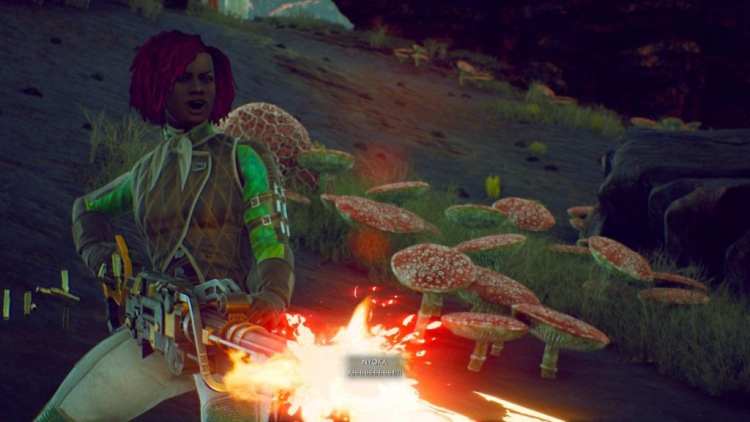
Nyoka firmly believes in the “more dakka” approach. As long as you’ve unlocked companion skills, anyway.
Of arguably less importance are the final two categories: Tech and Leadership. Of these, Science is worthwhile if you want to use the wacky Science weapons. It also increases the damage of Shock and Plasma weapons, so it’s one of the few stats that actually directly raises damage. Medical and Engineering, though, aren’t as impactful and aren’t worth too many early points past 20.
The Leadership category is focused entirely on companions. If you have no plans to use them, you can completely ignore it. If you do want to use companions, it… can be useful, but not at the expense of other skills once you’ve got the 20-point unlocks. I suspect you could create an absurdly strong companion-focused build by leveling Leadership and picking the companion perks, but I wouldn’t recommend it as an initial build.
Just bear in mind that, while companions boost your stats with their very presence, that’s only for skill checks and not for the unlocks you get every 20 points.
Stay perky
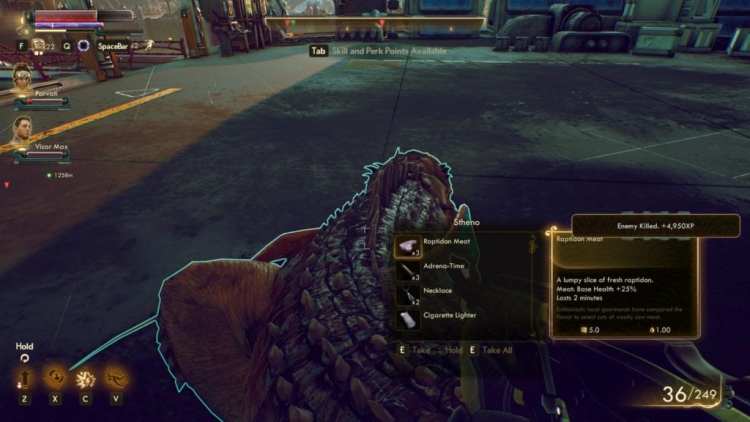
Extra carrying capacity is always worth it. This is a Fallout-like game, after all. You’ll be carrying absurd amounts of stuff.
You get a perk every two levels, and good grief, they’re useful. Don’t be afraid to use these to just remove annoyances. In the first tier of perks alone you can increase your sprint speed by 20%, increase your carrying capacity, fast travel while over-encumbered, and reduce durability loss.
Perks can also be used to minimize the problems you’ll face going it alone. Playing without companions is entirely feasible, but you’ll want to nab perks like the 25% damage boost when alone and bonuses to skills while alone, as well as the carrying capacity increases. After all, having companions will boost your skills as well, and that’s one of the biggest losses you face from going it alone.
The Outer Worlds offers so many skills and builds to try
In closing, just don’t be afraid to experiment, try out different builds, and have fun. There’s some stuff you definitely need (especially the 20-point skill unlocks), but beyond that you can make pretty much anything viable and enjoyable.
For more info, guides, and tips on The Outer Worlds, you can check out our guide hub.



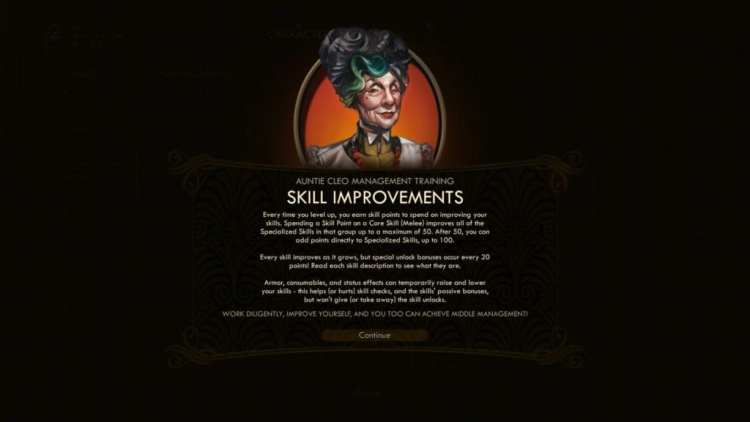
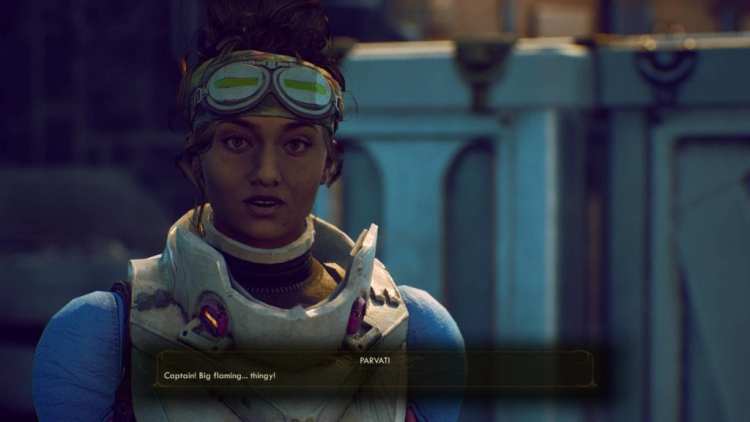
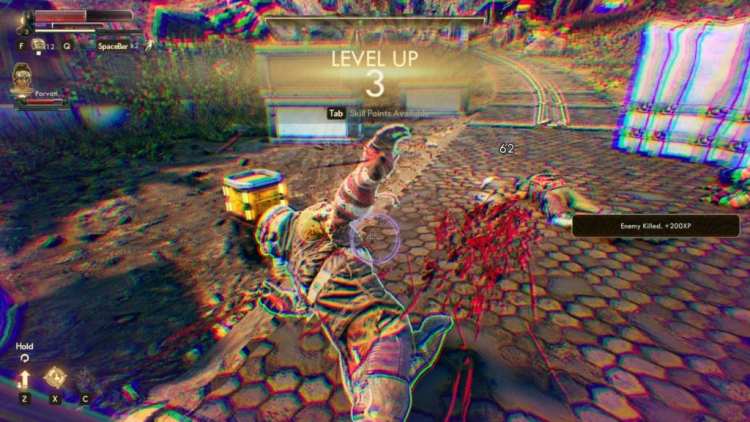
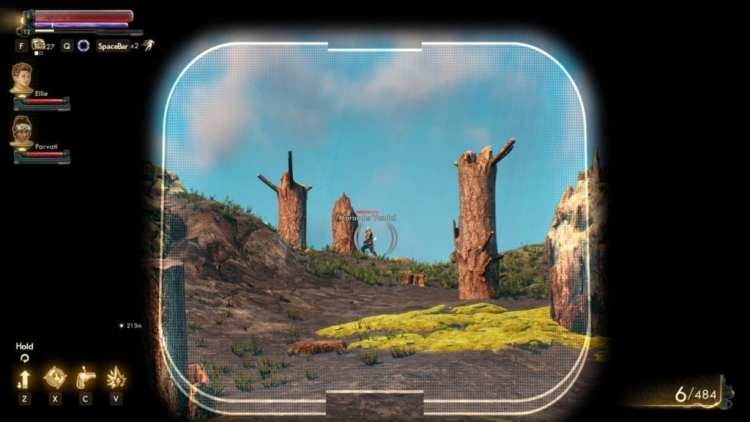
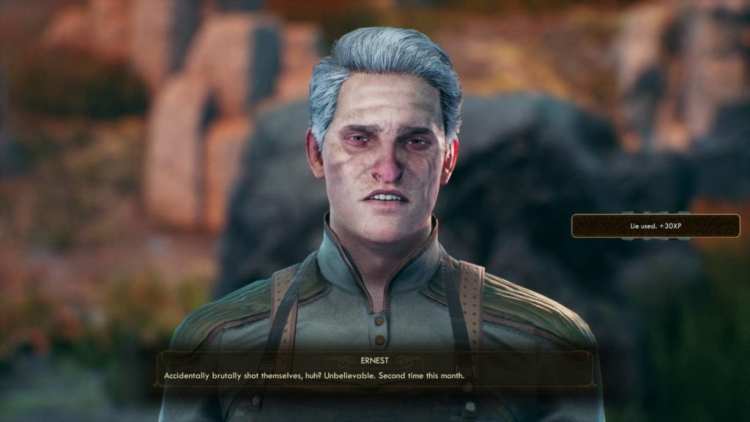


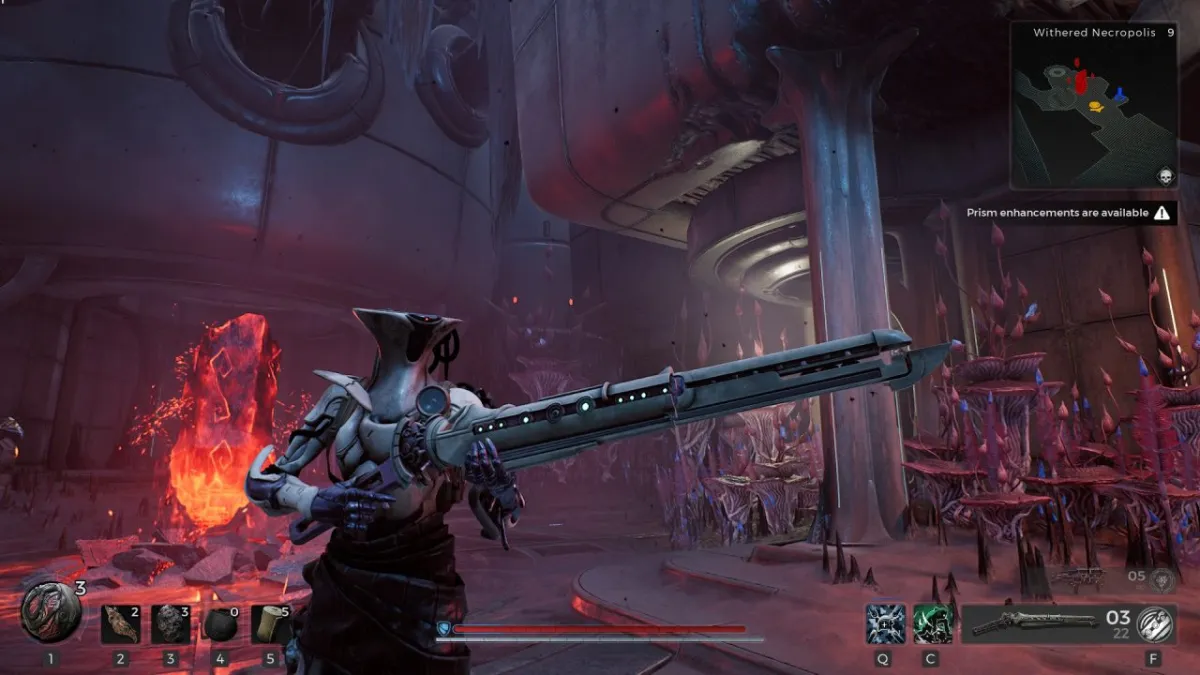

Published: Oct 24, 2019 07:00 am